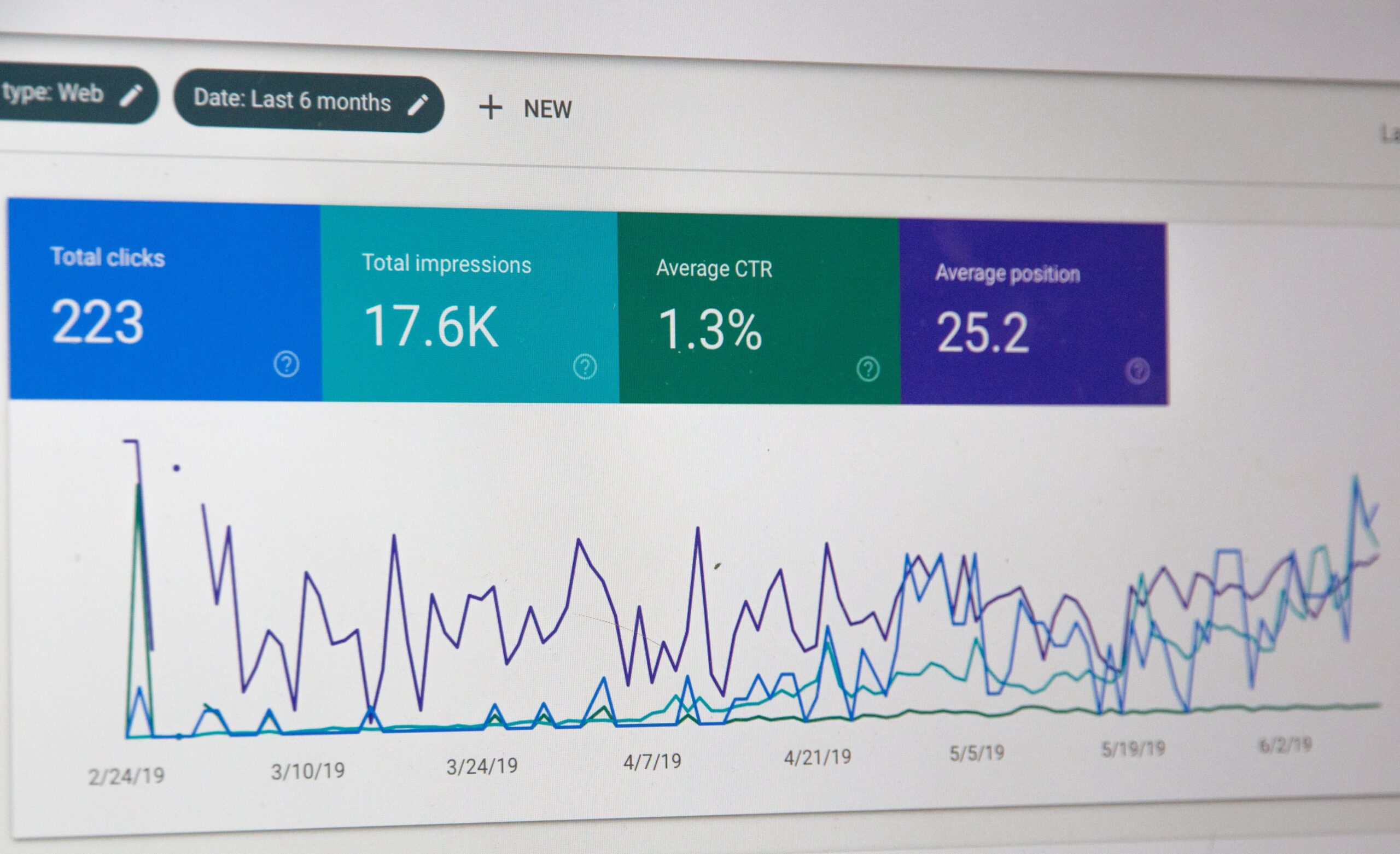Are you struggling to find the right keywords for your website’s SEO? Look no further than Google Keyword Planner, which is not just a tool for advertisers but can also be used to optimize your website’s search engine rankings. In this blog post, we’ll explore how you can use Google Keyword Planner to uncover valuable insights about your competitors’ keyword strategies and identify the best keywords for your own content. Get ready to take your SEO game to new heights!
Keyword research tool for advertisers
Google Keyword Planner is primarily known as a keyword research tool for advertisers looking to create and optimize their Google Ads campaigns. It allows advertisers to discover new keyword ideas, estimate traffic potential, and bid on the most profitable ones.
The tool offers a wealth of information that can be useful beyond advertising purposes. By entering relevant keywords or phrases related to your website’s content into Keyword Planner, you can also generate valuable insights about what terms people are searching for in your industry.
Keyword Planner provides you with search volume data and trends over time, indicating how popular certain keywords or topics are at any given moment. This data can help inform your SEO strategy by giving you an idea of which terms are worth targeting based on their popularity and competitiveness.
Additionally, using Keyword Planner alongside other SEO tools like Google Analytics or Search Console can give you even more detailed information about user behavior, including click-through rates and conversion rates. While it may have been designed for Ads users initially. This powerful tool has benefits that extend far beyond advertising alone.
Also use it to find keywords for SEO
Google Keyword Planner is not just a tool for advertisers, but it can also be used to find keywords for SEO purposes. By entering a seed keyword related to your niche or topic. The Keyword Planner can generate a list of relevant keywords that you can use in your content.
One strategy is to look for long-tail keywords with high search volume and low competition. These are more specific phrases that people use when searching on Google. For instance, instead of targeting the broad keyword “fitness,” you might focus on “best fitness apps for home workouts” or “how to lose belly fat naturally.”
Another way to use the Keyword Planner is by analyzing your competitors’ websites. Enter their website URL in the tool and see which keywords they are targeting. This will give you an idea of what kind of content they are producing. And where there may be gaps in their strategy that you can fill with your own content.
In addition, remember to consider user intent when selecting keywords. Think about what questions people might have related to your topic and create content. That answers those questions using relevant long-tail keywords.
Using Google Keyword Planner for SEO can help improve your website’s visibility on search engines by identifying high-quality targeted key phrases. That matches user intent while making it easier for potential customers/clients/users/etc. To locate useful information from any given webpage by using certain queries or terms associated with products/services offered therein!
Show you the keywords your competitors are targeting
One of the most useful features of Google Keyword Planner for SEO is that it can show you the keywords your competitors are targeting. This is incredibly valuable information because it allows you to see what keywords they’re ranking for and which ones they’re not.
By analyzing your competitor’s keyword strategy, you’ll be able to identify gaps in their approach and potentially find new opportunities for yourself. You may discover some low-competition, high-volume keywords that your competition has overlooked or ignored.
To access this feature, simply enter a competitor’s website into Google Keyword Planner and navigate to the “Competitor domains” section. Here, you’ll see a list of up to 10 competitors along with various metrics related to their keyword performance.
You can use this data to gain insight into what topics are trending in your industry. As well as understand how competitive certain keywords are. Armed with this knowledge, you can adjust your own SEO strategy accordingly and focus on areas where there may be less competition.
Using Google Keyword Planner for SEO purposes provides an essential tool in identifying potential search engine optimization strategies. That will help boost traffic while remaining ahead of the curve compared to others in highly competitive niches.

Read More: How Much To Charge For A Training Workshop; Creating The Best Workshop
Final Notes
The Google Keyword Planner is a powerful tool that can help you in both paid advertising and SEO efforts. It allows you to research keywords and get insights into your competitors’ targeted keywords. By using it effectively, you can optimize your content for search engines and drive more traffic to your website.
However, keep in mind that keyword research is only one aspect of SEO. To achieve better rankings and attract more organic traffic. You also need to focus on creating high-quality content that’s relevant to your audience’s needs.
So go ahead, and use Google Keyword Planner for SEO purposes, but don’t forget about the bigger picture of optimizing your website for both search engines and users. Happy optimizing!

